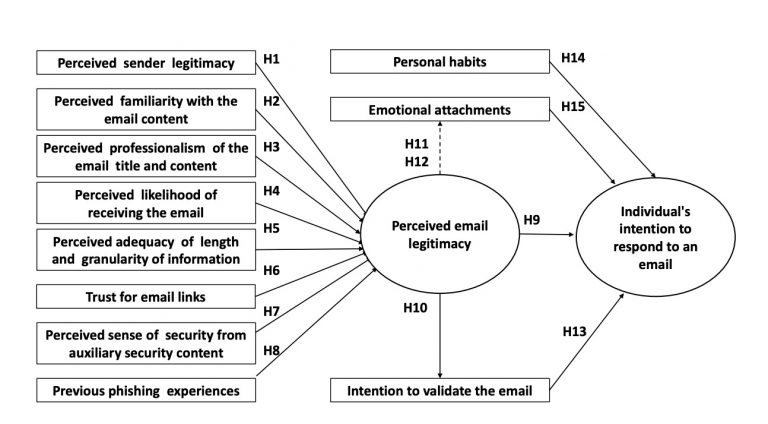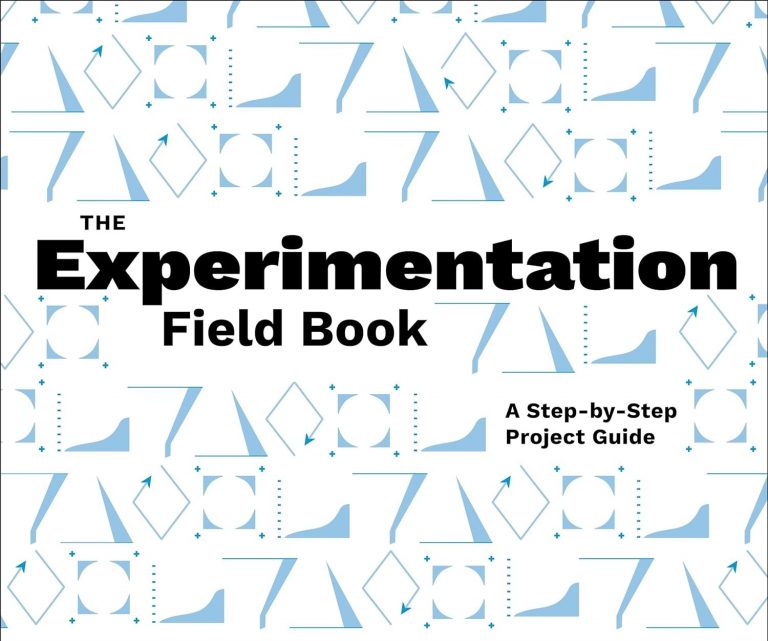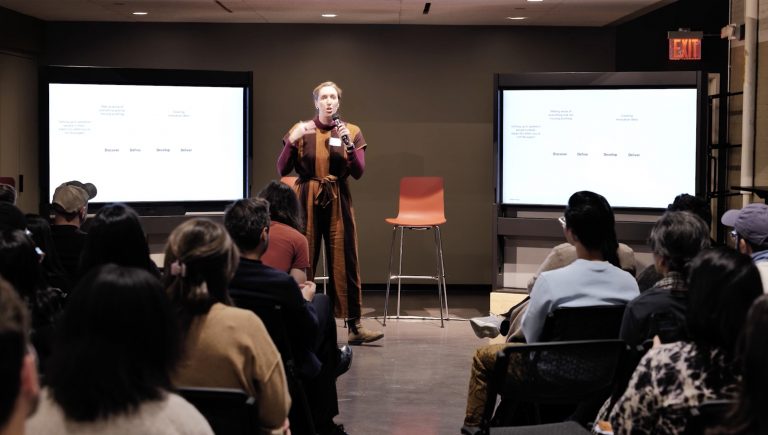
Research by the Dutch Media Authority shows that 78% of Dutch youth get their news mainly from social media, in particular Instagram, TikTok and YouTube, reports Wilfred Takken in the Dutch NRC newspaper today. The research [link in Dutch] was conducted by…

"A riveting story of what it means to be human in a world changed by artificial intelligence, revealing the perils and inequities of our growing reliance on automated decision-making"

Peace of mind. That's what Samsung's new SmartThings Family Care service aims to offer people caring for elderly or infirm family and friends, writes Vicki Loomes on Trendwatching.

People have started forming relationships with AI systems as friends, lovers, mentors, therapists, and teachers, with these "sycophantic" companions "optimized to suit the precise preferences of whoever [they are] interacting with", write Robert Mahari, a joint JD-PhD candidate at the MIT Media Lab and Harvard Law School, and Pat Pataranutaporn, a researcher at the MIT Media Lab, in the MIT Technology Review.

We just shortened and refreshed our company presentation.

Yale School of Management (SOM) organizational ethnographer Julia DiBenigno spends years meticulously observing and interviewing people at work. By taking seriously their lived experience, she can uncover the root causes of complex problems and devise solutions that change organizations for the better.

Love and Technology: An Ethnography of Dating App Users in Berlin by Fabian BroekerRoutledgeDecember 2023, 192 pages Love and Technology: An Ethnography of Dating App Users in Berlin explores how dating apps fit into Berlin’s unique dating culture and brand of intimacy…

Building resilience to events that are said to be once-in-a-lifetime and easy for local communities to overlook is now an urgent priority. Human-centred design plays an important role in this. What happens when these principles are adopted?

Maze and User Interviews, both USA-based entities providing user research platforms and user panels, published reports in the last months on the current state of user research.

We conducted a quick, initial analysis of six AI-based service platforms for hosting and analysing UX research: HeyMarvin, Lookback, AddMaple, Reveal, Outset, and Voicepanel. It brought up more questions than answers.

The latest issue of Interactions magazine, published by ACM, contains five feature stories, four of which are about AI and interaction design.

A new report from the Weber Shandwick Collective suggests a “me over we” mentality is driving more buying decisions, explains the publisher of Fast Company, Stephanie Mehta, CEO of Mansueto Ventures.

When we make decisions, our thinking is informed by societal norms, “guardrails” that guide our decisions, like the laws and rules that govern us. But what are good guardrails in today’s world of overwhelming information flows and increasingly powerful technologies, such as artificial intelligence? Based on the latest insights from the cognitive sciences, economics, and public policy, Guardrails offers a novel approach to shaping decisions by embracing human agency in its social context.

Practitioners praise some efficiency gains in process tasks, but are skeptical about the real value in analysis and insight gathering, despite the many marketing claims.

Drawing on interviews in Spain, the United Kingdom, and the United States as well as extensive survey data, the book explains why and how so many people consume little or no news despite unprecedented abundance and ease of access.

In a context of economic and geopolitical flux and volatility, a more in-depth human-centered design approach is now more necessary than ever, as it helps forward-looking companies to anticipate and be prepared for rapidly changing futures beyond the next six months.

From New Yorker staff writer Kyle Chayka comes a timely history and investigation of a world ruled by algorithms, which determine the shape of culture itself.

This paper features an in-depth investigation on how people make email response decisions while reading their emails. The authors proposed five concrete enhancements to state-of-the-art anti-phishing education, training, and awareness tools to support users in making safe email responses.

This book is a hands-on manual for crafting and conducting useful experiments in real-life settings. It guides readers from any background or discipline through the fundamentals of identifying testable ideas, selecting an evidence base, prototyping, and testing, building users’ skill sets and channeling their creativity through an interactive, exercise-oriented format.

Cameron Hanson, Strategy Director at Smart Design, gave a presentation at the the Service Design Network (SDN) New York Chapter on practical ways to integrate GenAI into the design research process.





















